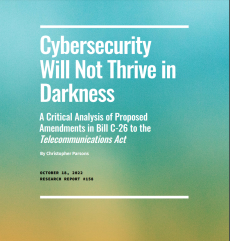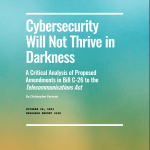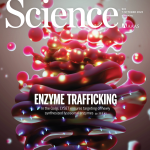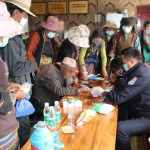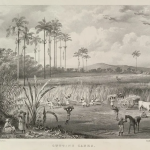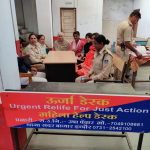September 1, 2022
Did overseas slave-holding by Britons accelerate the Industrial Revolution? We provide theory and evidence on the contribution of slave wealth to Britain’s growth prior to 1835. We compare areas of Britain with high and low exposure to the colonial plantation economy, using granular data on wealth from compensation records. Before the major expansion of slave holding from the 1640s onwards, both types of area exhibited similar levels of economic activity. However, by the 1830s, slavery wealth is strongly correlated with economic development – slave-holding areas are less agricultural, closer to cotton mills, and have higher property wealth. We rationalize these ndings using a dynamic spatial model, where slavery investment raises the return to capital accumulation, expanding production in capital-intensive sectors. To establish causality, we use arguably exogenous variation in slave mortality on the passage from Africa to the Indies, driven by weather shocks. We show that weather shocks ininfluenced the continued involvement of ancestors in the slave trade; weather-induced slave mortality of slave-trading ancestors in each area is strongly predictive of slaveholding in 1833. Quantifying our model using the observed data, we found that Britain would have been substantially poorer and more agricultural in the absence of overseas slave wealth. Overall, our findings are consistent with the view that slavery wealth accelerated Britain’s industrial revolution.
Read full article
